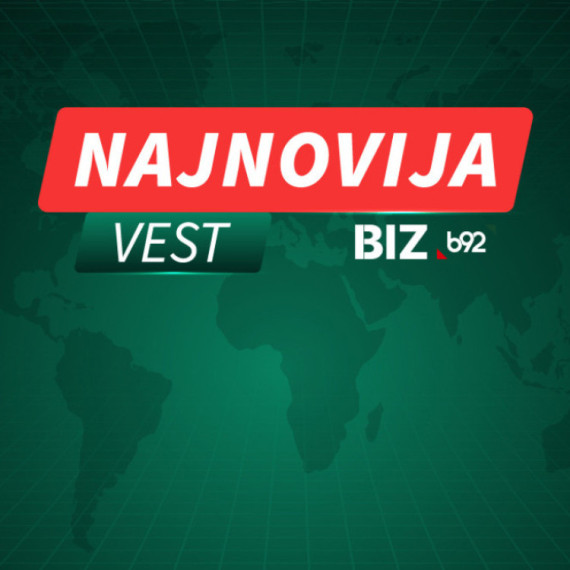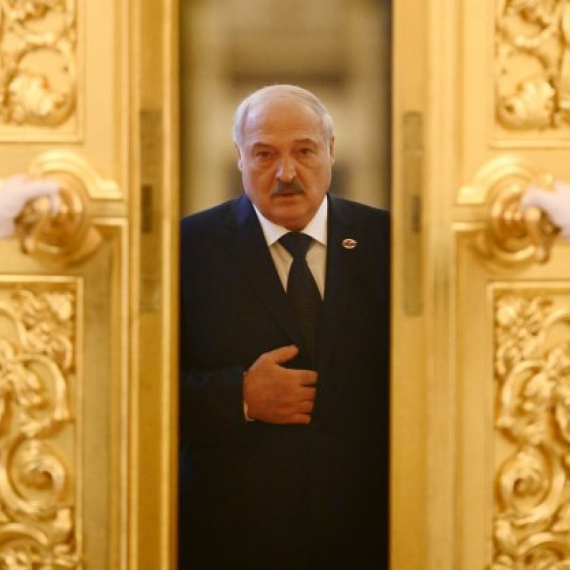“EU integration responsibility of state, not NGOs”
Humanitarian Law Center Director Nataša Kandić claims NGOs role is not crucial in this stage of EU integration.
Sunday, 17.07.2011.
14:48

Humanitarian Law Center Director Natasa Kandic claims NGOs role is not crucial in this stage of EU integration. She added that Europe counted more on cooperation with government institutions. “EU integration responsibility of state, not NGOs” “European countries are cooperating more and more with Serbian institutions and attaching less attention to NGOs,” she told Tanjug and added that the European community was cooperating with government institutions in various ways, starting from conditions, laws and reforms to tangible activities that should be performed technically. “On the whole, the EU is committed to setting up relations with institutions and this is how it will exert pressures for Europe's system of values to become the system of values in Serbia as well,” Kandic said and expressed belief that, just like in the case of Croatia, the EU would not insist too much on countries that were engaged in wars to correct all their mistakes and draw lessons from it. She is under the impression that this would all be left to Serbia, the society and the government, but she also believes that the country does not have institutions competent enough which believe it is important to maintain a responsible attitude toward the past. The Humanitarian Law Center director fears that Serbia will have an irresponsible attitude to highly important issues such as crimes and reconciliation which needs to be based on justice, trial and an open dialogue about past events. She said that this is the reason why she had her doubts as to the possibility for an initiative like REKOM to win the support of all institutions and open room for a dialogue. Natasa Kandic (Midhat Poturovic, Free Europe)
“EU integration responsibility of state, not NGOs”
“European countries are cooperating more and more with Serbian institutions and attaching less attention to NGOs,” she told Tanjug and added that the European community was cooperating with government institutions in various ways, starting from conditions, laws and reforms to tangible activities that should be performed technically.“On the whole, the EU is committed to setting up relations with institutions and this is how it will exert pressures for Europe's system of values to become the system of values in Serbia as well,” Kandić said and expressed belief that, just like in the case of Croatia, the EU would not insist too much on countries that were engaged in wars to correct all their mistakes and draw lessons from it.
She is under the impression that this would all be left to Serbia, the society and the government, but she also believes that the country does not have institutions competent enough which believe it is important to maintain a responsible attitude toward the past.
The Humanitarian Law Center director fears that Serbia will have an irresponsible attitude to highly important issues such as crimes and reconciliation which needs to be based on justice, trial and an open dialogue about past events. She said that this is the reason why she had her doubts as to the possibility for an initiative like REKOM to win the support of all institutions and open room for a dialogue.























































Komentari 3
Pogledaj komentare